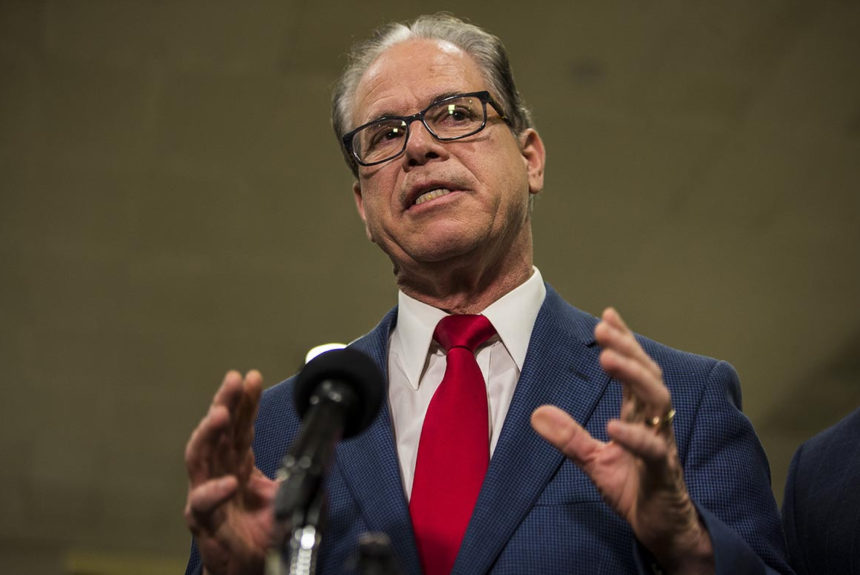Mike Braun is an unusual creature in Washington. A Republican United States Senator representing Indiana since 2018, Braun is an unapologetic conservationist who isn’t remotely afraid of offering solutions to climate change. Braun, a member of the powerful Appropriations Committee, also loathes pork barrel politics. In Washington, that combo makes Braun a bit of a radical. In America, that makes him extremely normal.
Braun joined me for a “Right Voices” interview this week to discuss his integrated approach to protecting America’s natural and economic environment, including his attempt to strip nearly 5,000 earmarks worth $9.7 billion from the omnibus spending bill. Braun’s amendment received 35 votes, nearly twice as many as my former boss, the late Senator Tom Coburn (R-OK) received when he tried to defund the Bridge to Nowhere in 2005. Coburn lost that vote but won the argument, which bodes well for Braun’s not-so-lonely crusade.
“Conservation in life has a lot more relevance beyond Mother Earth herself. It’s the way you lead your life…When I built my company, I reinvested every penny. I never pulled anything out of it. I always kept a clean, conservative balance sheet,” Braun said.
To Braun, the word “sustainable” is a matter of common sense and good policy. A country that is broke and squandering limited resources on low-priority pet projects won’t be able to fund climate solutions, or anything else.
Senator Braun said fighting climate change is “something that we have to be smart about. We have to do it within our financial capabilities … in a way that’s going to work long-term.”
The “sciences” (especially political science and economics) back up Braun’s approach. As I wrote for The Dispatch recently:
Merit-based spending is vastly better for society than member-based spending. The Bush administration’s Department of Transportation found that earmarks divert funds from higher priority projects (i.e. preventing bridge collapses) while a 2009 Harvard study found that congressional districts that receive a disproportionate share of earmarks suffer economically.
Braun also said the best long-term climate policy is to get the federal government out of the business of trying to manage the problem with top-down, command and control solutions, and trust the private sector to manage the problem, which they are already doing. He said, “by the way, [I’m] in favor of pulling all subsidies, tax credits and that kind of stuff away from all industries in the long run.”
Regarding Ukraine, Braun said bad climate policy emboldened Putin.
“Just go back to the Democratic debates … they were each competing over who was going to put that sector of energy [fossil fuels] out of business first. Well immediately look at the signal that was sent with the Keystone XL pipeline and stopping any new permits on federal grounds. Putin, who’s a sharp observer, I’m sure paid attention to knowing enough about how that would play into the dependency issue,” Braun said.
Braun’s clear-headed approach may not be receiving overwhelming applause from his colleagues but don’t be surprised if taxpayers start demanding more of Braun’s common-sense solutions.
The views and opinions expressed are those of the author’s and do not necessarily reflect the official policy or position of C3.
